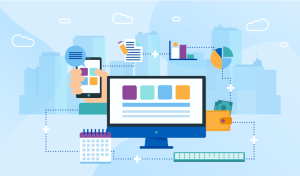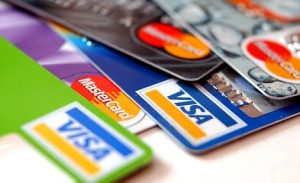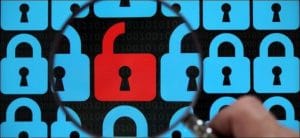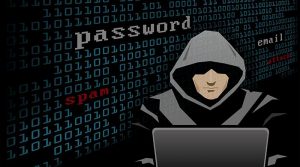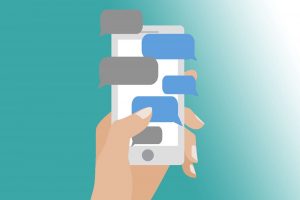6 Signs Your Personal Information is on the Dark Web: With the rise of online threats and cyber-attacks, knowing what personal information may have been leaked or stolen is more important than ever.
One way to do this is by checking if your personal information has been posted on the dark web – a part of the internet that is not indexed by search engines and can only be accessed with special software.
Knowing if your data has been shared on dark websites can help protect you from identity theft, scams, and other malicious activities.
In this article, we will discuss six signs that indicate your personal information might be publicly available on the dark web.
Your Personal Information is Visible Online
As the world increasingly shifts to digital platforms, it is becoming more and more difficult to truly shield your personal information from being visible online. Unfortunately, when this data is visible, it cannot be guaranteed that third parties are not infringing upon your safety or using other measures that could expose your data to the dark web.
As such, if your personal information is visible online, it can be a possible reason why you may find that information on the dark web. Therefore, when protecting oneself against this risk, understanding how real this connection can be is integral in proactively deterring these situations.
Your Credit Card Has Been Used Without Authorization
While it is frightening, the truth is that having your credit card used without authorization could indicate your personal information appearing on the dark web. Identity theft has been a growing issue recently, with criminals using stolen financial information for various nefarious activities. For example, you notice certain purchases have been made without your knowledge or approval on existing accounts. In that case, it’s possible information such as your credit card number, email address, and other imperative details have been exposed to cyber criminals.
Suppose you are concerned about whether or not your personal information has been compromised in this manner. In that case, it is advisable to prevent further damage by closing or suspending suspicious accounts and obtaining new ones with new credentials.
Your Online Accounts are Compromised
If your online accounts are compromised, this might be the source of why your personal information is on the dark web. On the dark web, fraudsters and criminals buy and sell data like usernames, passwords, credit card details, and addresses. Having any of your data uploaded there can cause serious harm if it falls into the wrong hands.
Therefore, taking proactive steps is important to avoid giving cybercriminals access to your accounts and private records. In addition, taking preventive measures such as using complex passwords or two-factor authentication could help protect you from account security breaches in the future.
Unauthorized Account Access acces
Unauthorized account access can be a significant concern regarding your personal information being found on the dark web. When websites or apps are hacked, thieves can gain access to data stored in these environments, and it doesn’t take long for this information to get into the spotlight of criminals operating on the dark web.
This can very easily lead to credit card fraud and identity theft. To ensure you stay safe online, conduct a background check on yourself annually; this will give you peace of mind that your personal information is not being used without authorization. It is important to be aware of potential incidents of unauthorized access and conduct regular self-checks so that any missteps can quickly be rectified.
Unusual Activity on Your Bank Accounts
Unusual activity on your bank accounts should serve as an alert sign that your personal information might be compromised. The dark web is where people can buy and sell stolen goods, including personal data collected from cyber attacks. Compromised data can include credit card numbers, social security numbers, and passwords. So if you’re seeing unexpected activity on your accounts, someone has likely obtained your information without your consent or knowledge.
To protect yourself, be sure to regularly check account statements and contact the bank if you see any suspicious transactions. In addition, it would help if you tried changing passwords and employing complex authentication techniques for maximum protection. Ignoring activities on your bank accounts can prove quite costly regarding identity theft and financial losses.
You Receive Unsolicited Calls/Messages
Receiving unsolicited calls or messages can indicate that your data has been made publicly available. These unwanted interruptions are a by-product of people trying to collect and leverage your profile information. More often than not, these hackers have researched and found an open source categorization of information such as online posts, public profiles, or non-secure websites, which gave them access to private details such as phone numbers, emails, and usernames.
Furthermore, all this data is sold on black markets called the dark web, commonly used by cybercriminals who operate completely anonymously. Therefore, safeguarding our personal information should be taken seriously if we want to protect ourselves from such intrusions.

![[Pii_Email_f471d3ee8613f77bd6e2] Error](https://ustechportal.com/wp-content/uploads/2023/02/deep-web-g3a9311229_1280.jpg)
